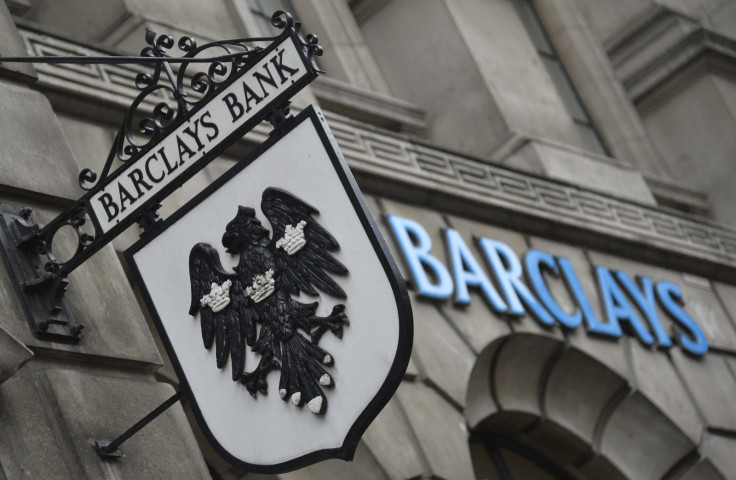Barclays Lawsuits, Fines and Conduct Costs Rack Up

Barclays has picked up a couple more fines - £37.7m from the Financial Conduct Authority and $15m from the Securities and Exchange Commission – for compliance failings, some dating back to the takeover of units of Lehman Brothers in 2008.
The SEC said Barclays will have to hire an independent compliance consultant in the US as part of the range of remedial steps the lender agreed to take in order to put things right.
The last time Barclays was in trouble with the FCA a few months back, it was over the Gold Fix, for which it received a £26m (€33m, $43m) fine. The combined tally of penalties incurred since around June would have been closer to £100m had Barclays not been so co-operative.
But this is still relatively small potatoes in comparison to the lapel-grabbing £290m fine for Libor rate fixing Barclays earned in June 2012.
So how is this year shaping up so far in terms of fines?
Unsurprisingly UK regulatory fines have been on the increase year-on-year since the start of the decade, with a noticeable jump in 2012. This was thanks to a newly appointed regulator handing out a small amount of very large penalties doled out over libor fixing between banks.
FCA's Record Breaking Fines
The total amount of fines handed out by the Financial Services Authority in 2011 was just over £66m.
The new FCA in its first year on the job, from April 2013 issued financial penalties amounting to a record breaking £409m, according to Wolters Kluwer Financial Services.
The FCA appears to be targeting a few large scale offenders with precision and heavy fines. This represents a shift in compliance culture away from trying to cover the whole market with lots of smaller fines.
The most common occurrence of fines remains mis-selling or misleading provision of information.
Failings with management and controls, customers' interests, communications with client and market abuse are also common compliance failings, said Wolters Kluwer Financial Services.
2013 was made more tricky on the compliance front for Barclays with new in November of last year that former chief of the FSA Hector Sants, who had stood his ground through the financial collapse, resigned from his role of head of compliance, after less than a year.
In any case, it's not surprising Barclays wants to scale down the investment banking side of its business, where most of the pain is being inflicted.
This is to say nothing of the various fronts the bank is fighting on in the US, where its litigation and potential penalty pipeline is gargantuan.
Barclays is currently fighting a $488m lawsuit by the Federal Energy Commission over alleged manipulation of commodity futures contracts. That appears to have remained in the long grass for now.
However, the really frightening scenario for Barclays in the US is the capacious horror of the dark pools – another trading scandal in waiting. There is no knowing how much this will cost.
Legal costs encompassing a wide retinue of brokers and other murky intermediaries have been touted as high as £5bn. Almost £2.5bn was wiped off the value of the bank when the lawsuit was revealed.
There doesn't look to be much value there for share traders in the near or distant future; but this would probably apply to all of the usual suspects that have been hit by payment protection insurance provision, Libor fines and the rest.
© Copyright IBTimes 2024. All rights reserved.






